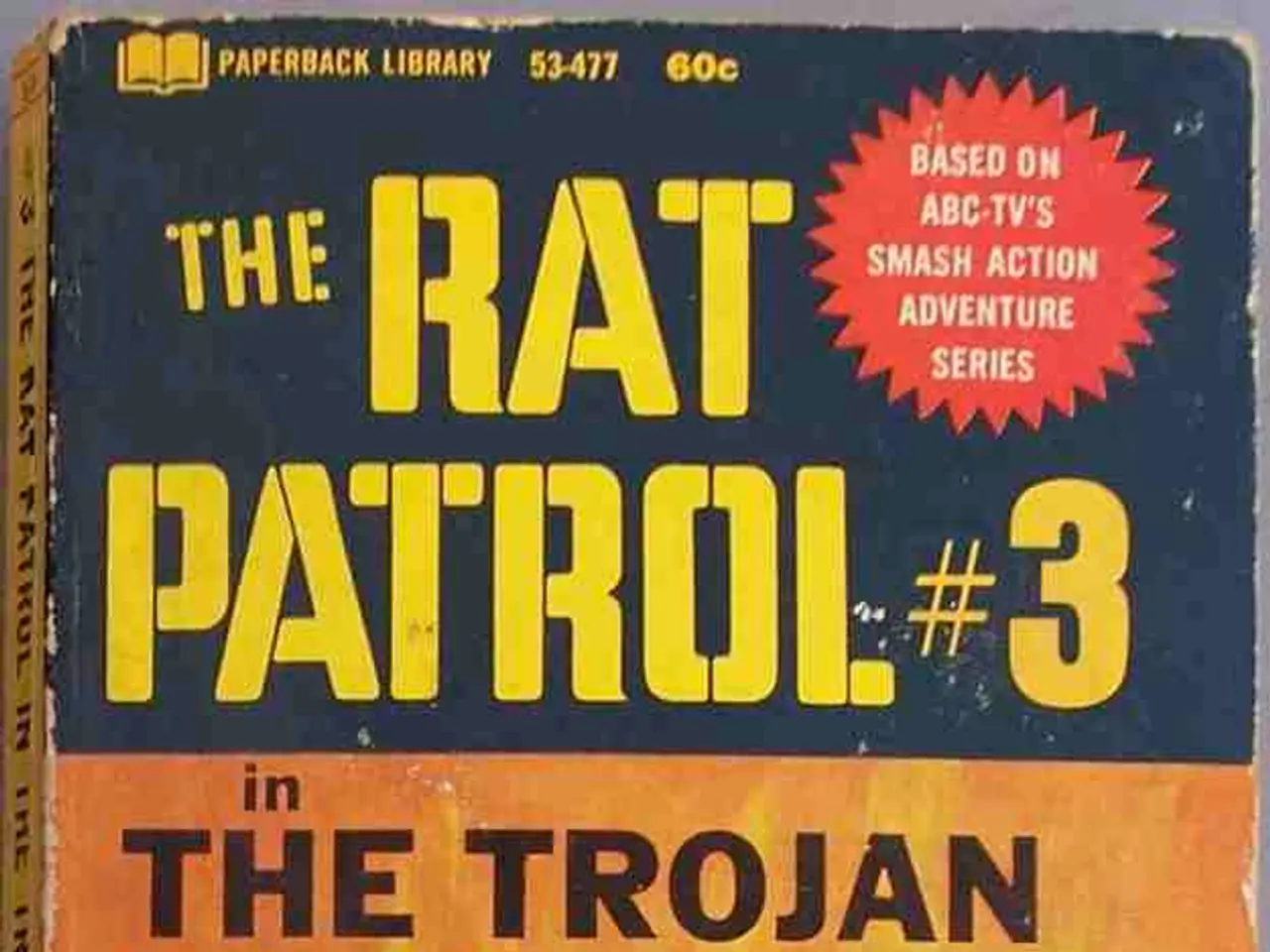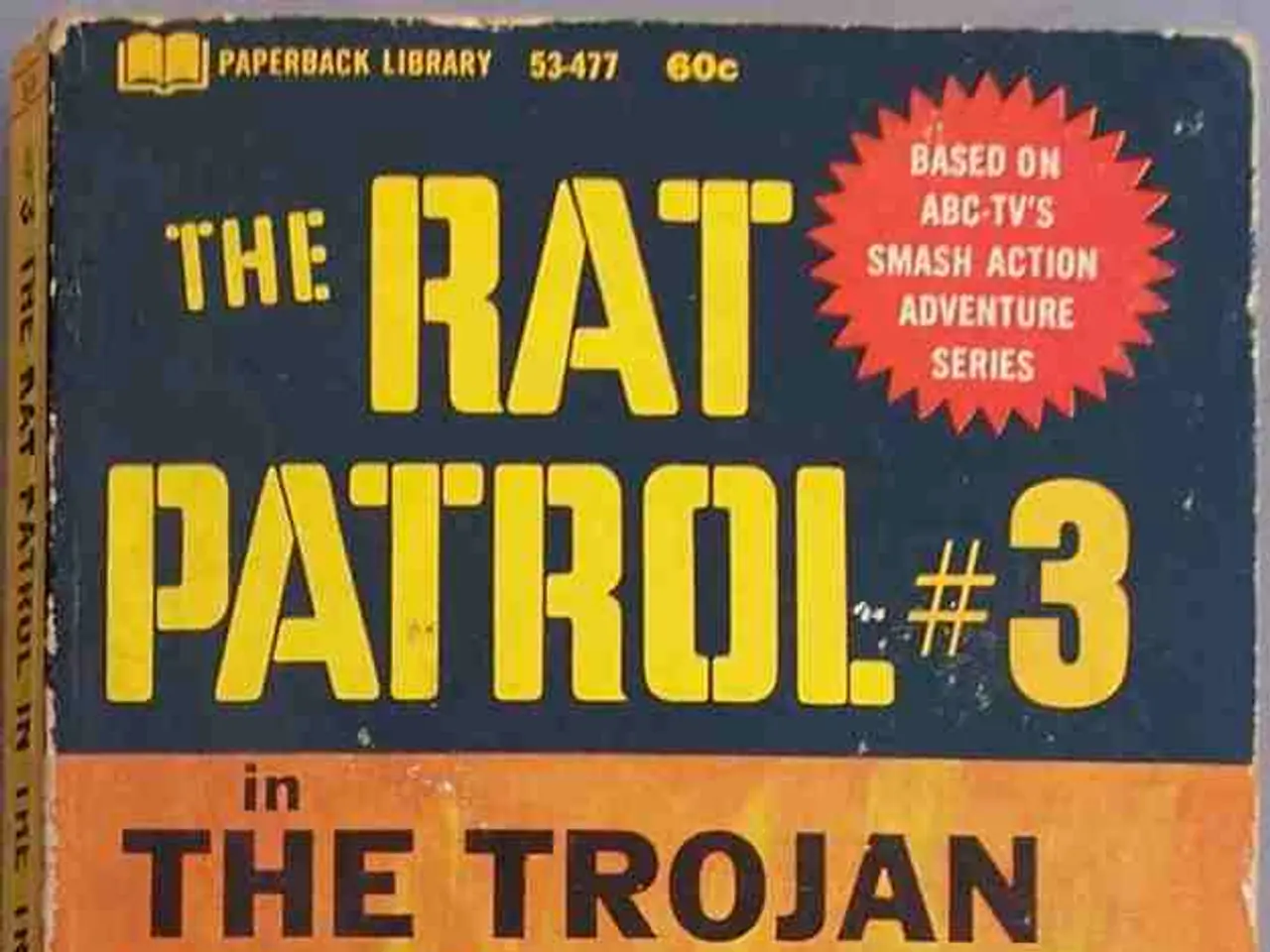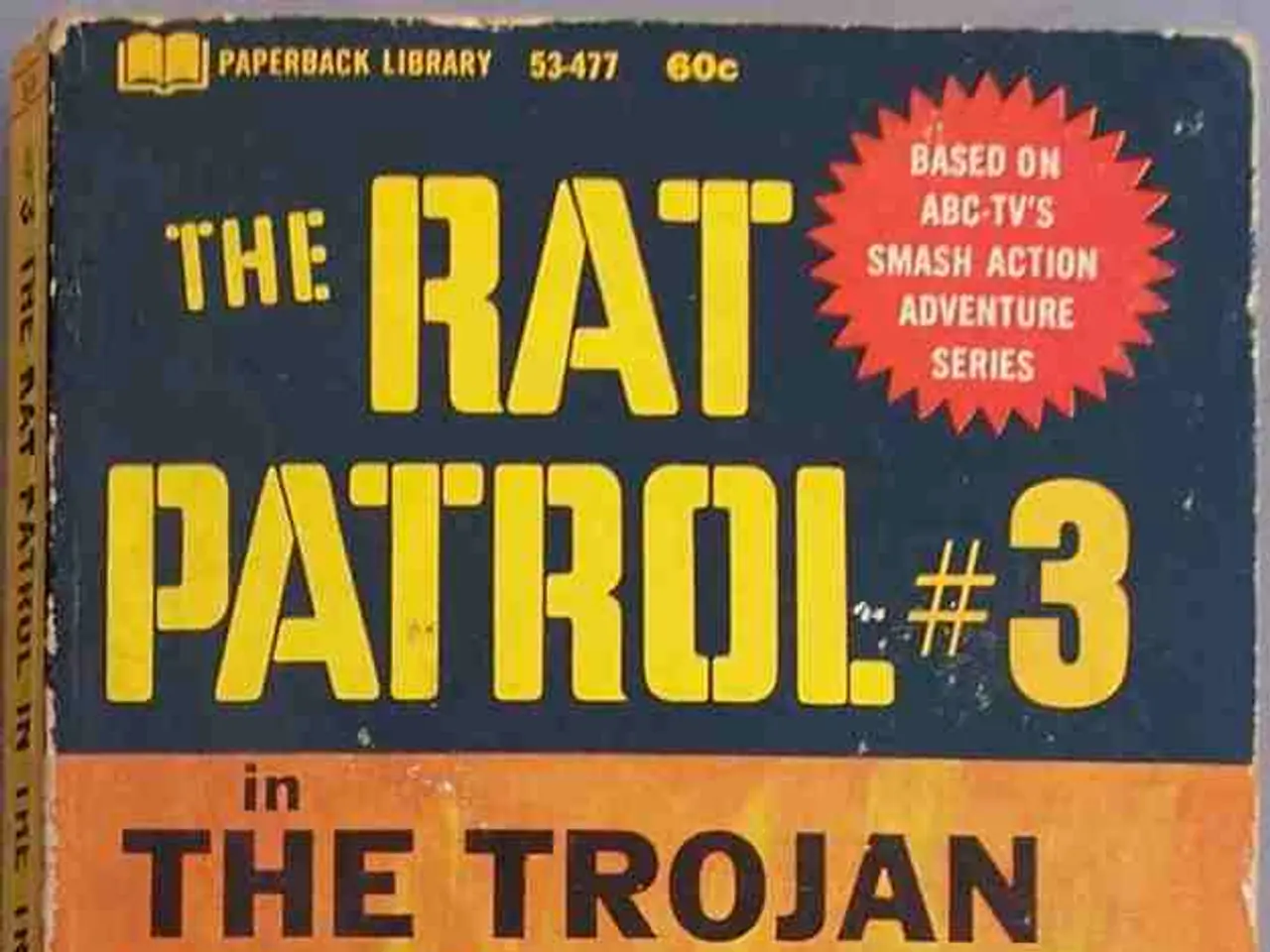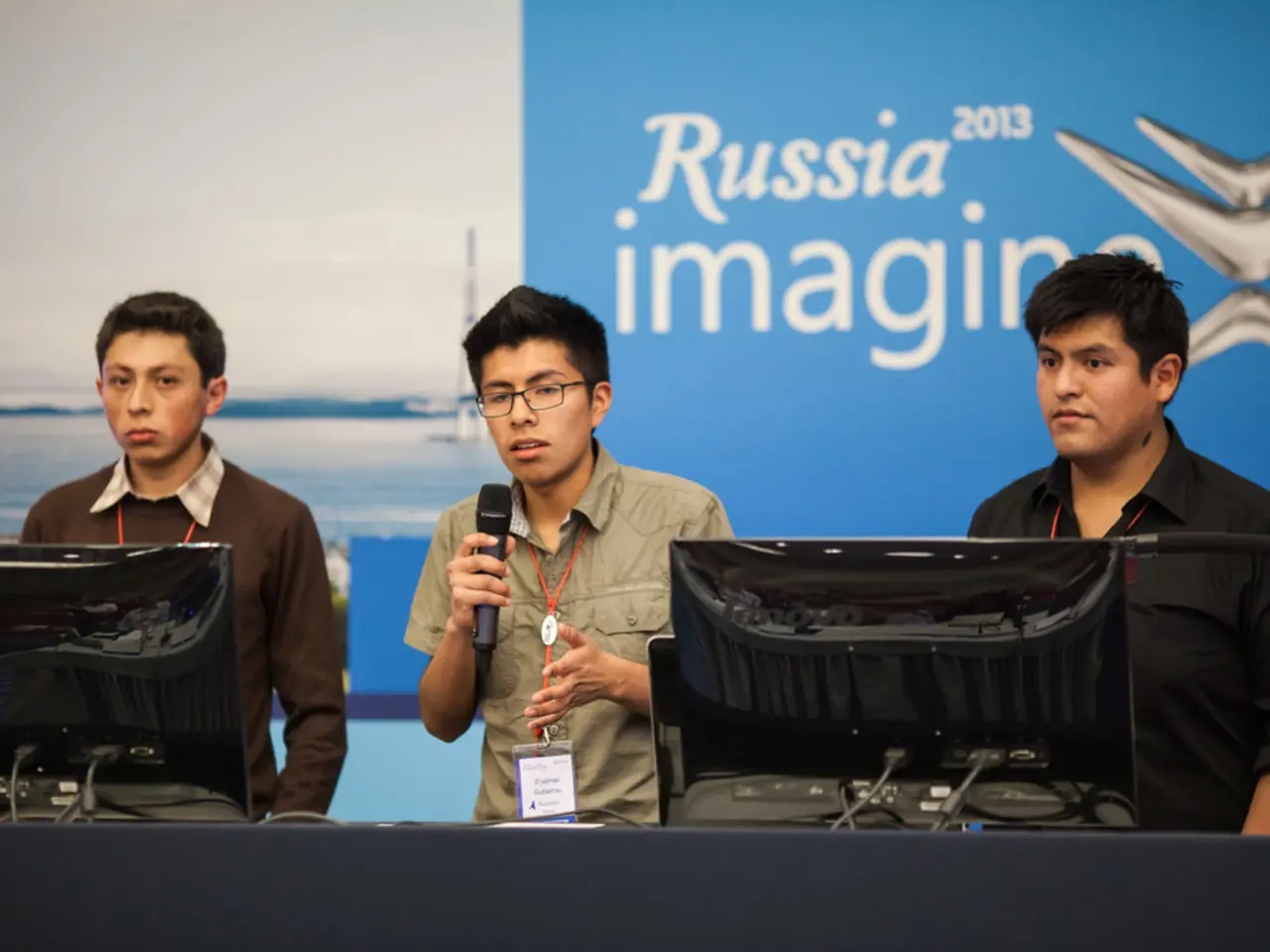Conflict Escalation: Israel vs Iran - Prolonged Uncertainty
Strikes on Ghom City and Isfahan's Nuclear Complex
The hostile relationship between Israel and Iran continues to escalate, with a diplomatic resolution seemingly out of reach. The night was marked by renewed attacks, as the Israeli military launched a wave of strikes targeting rocket depots, launch sites, and a uranium enrichment facility in Isfahan, Iran.
According to an Iranian government-linked online portal, "Iran Nuances," an explosion rocked central Isfahan. An Israeli military representative confirmed the attacks on the enrichment facility, focusing on the uranium centrifuge production facilities within it. This marks a continuation of Israel's offensive operations against Iran's nuclear industry, which began with such targets.
Commander of Al-Kuds Brigades Killed in Qom
A fatal attack on the Iranian city of Qom resulted in the demise of a commander of the Al-Kuds Brigades of the Iranian Revolutionary Guard Corps, as per Israeli military reports. The deceased was identified as Said Isadi, head of the Palestine Corps of the elite unit's foreign branch. State-owned Iranian media previously reported an Israeli attack on Qom, resulting in the death of a 16-year-old and injuring two others, along with damage to a residential building.
President Donald Trump has stated that he will make a decision within the next fortnight regarding potential US involvement in the conflict, serving as Israel's main ally.
Despite mounting pressure, Iranian Foreign Minister Abbas Araghtchi has declared that Iran will refuse negotiations as long as Israeli attacks persist. Israel's leadership shows no signs of ending their military campaign in Iran, with Israeli Chief of Staff Eyal Zamir stating, "We must prepare for a prolonged operation. We have begun the most complex operation in our history."
Israel estimates that its strikes in Iran have delayed Iran's development of a nuclear bomb by several years. In an interview with German newspaper Bild, Israeli Foreign Minister Gideon Saar stated, "I believe, based on our ongoing assessments, that we've already delayed their ability to obtain a nuclear bomb by at least two or three years. Our efforts have been effective, but we will not halt them until we've exhaustively addressed this threat."
Deception and Mistrust
In an interview with Japanese broadcaster NHK, Saar stated, "We will do everything in our power to prevent Iran from becoming another North Korea. Iran aims to follow North Korea's path, believing its regime's security is guaranteed by nuclear weapons. However, we will not stand for this in Iran." When asked about Israel's willingness to consider a diplomatic solution to the conflict with Iran, Saar responded, "In my personal opinion, I don't think Iran is seeking a diplomatic solution. They are trying to mislead the international community."
Trump has criticized recent European mediation efforts, stating, "Iran doesn't want to talk to Europe. They want to talk to us. Europe can't help." European leaders and Iran have continued negotiations, with foreign ministers of Germany, France, and the UK meeting with their Iranian counterpart Araghtchi in Geneva.
Meanwhile, Araghtchi expressed skepticism over U.S. intentions for diplomatic efforts, suspecting that the United States may have utilized past negotiations as a cover for Israeli military operations. "Perhaps they had this plan in mind and needed the negotiations to conceal it," Araghtchi said. "We don't know if we can trust them anymore. What they did was actually a betrayal of diplomacy," he added.
Renewed Attacks
Before Israel's new attacks on Iran, Iran had retaliated with rocket strikes, which were intercepted. There were no reports of any hits. debris from an intercepted rocket sparked a fire on the roof of an apartment building, but no damage to apartments was reported.
The military announced that the population could leave the shelters. The day before, at least 23 people were injured, three severely, in an Iranian rocket attack on the Israeli Mediterranean city of Haifa, according to the rescue service.
Simultaneously, German military aircraft evacuated German citizens from Israel for the first time since the start of the conflict. Two planes carrying 64 returnees landed at Cologne/Bonn Airport in North Rhine-Westphalia overnight. The war between Israel and Iran has closes airspace in both countries to air traffic.
- The ongoing conflict between Israel and Iran has led to a significant escalation in service, with both parties conducting military operations and negotiations seemingly out of reach, causing general news and political concern.
- The Israeli military's offensive operations against Iran's nuclear industry, such as the attack on the uranium enrichment facility in Isfahan, have been shaped by a chain of violent events in contexts of war-and-conflicts, including retaliatory rocket strikes from Iran and negotiations between various global powers.





